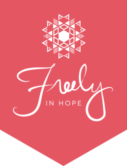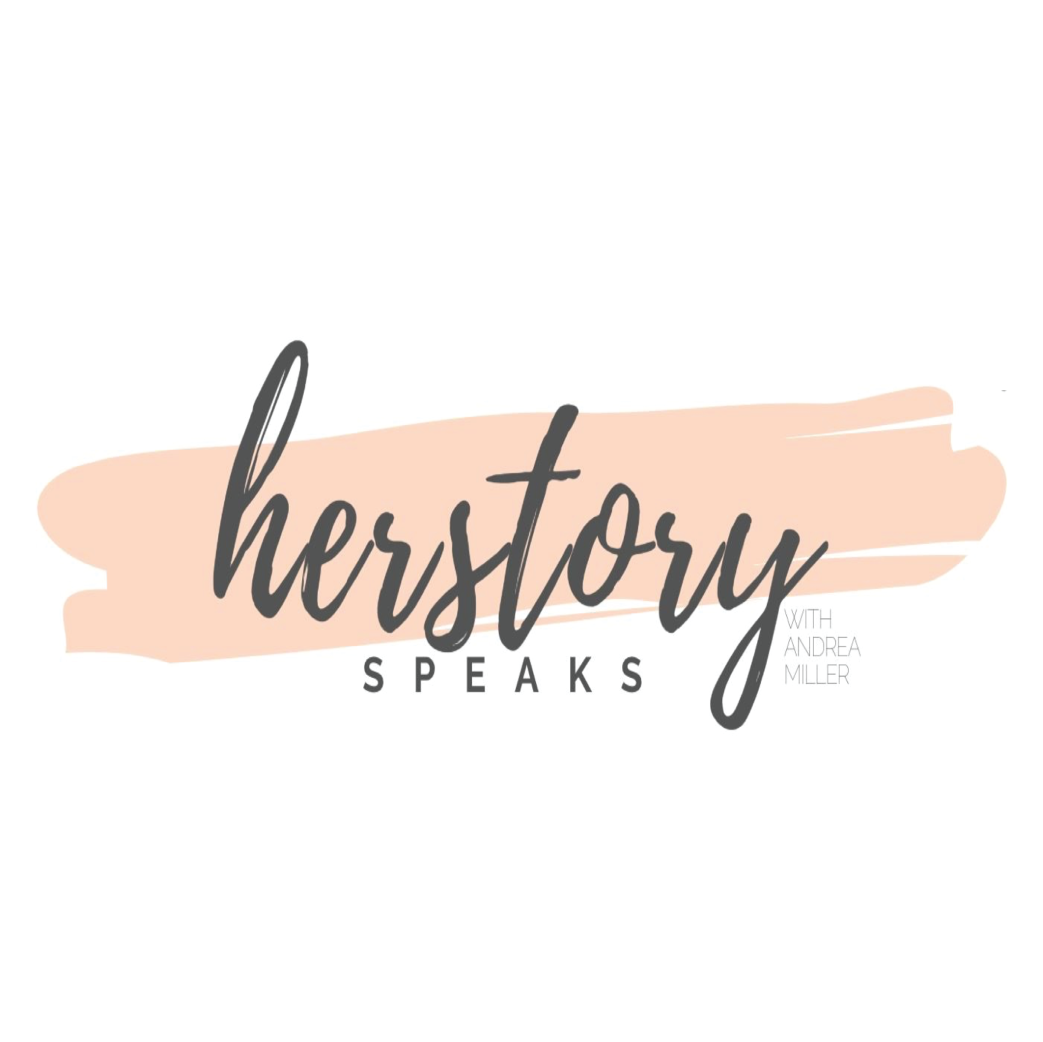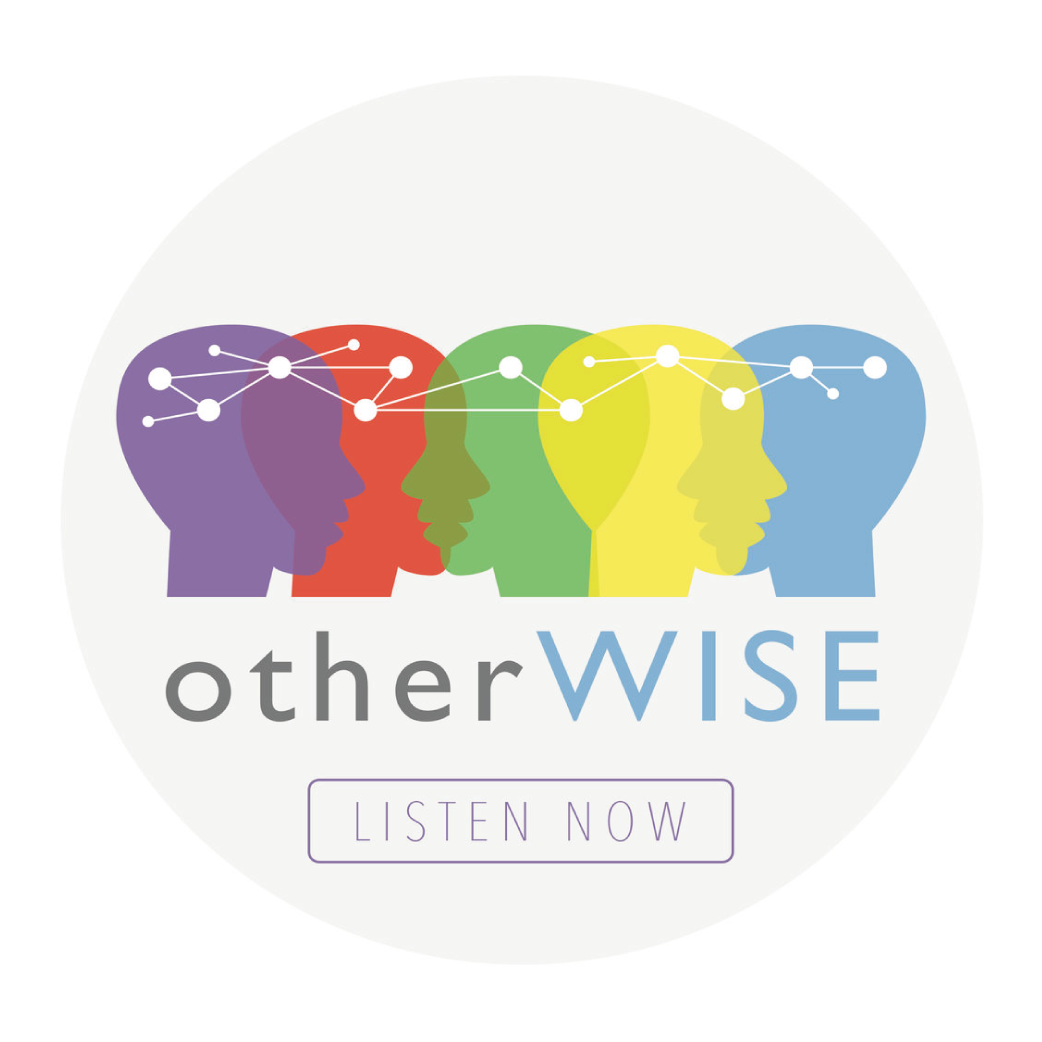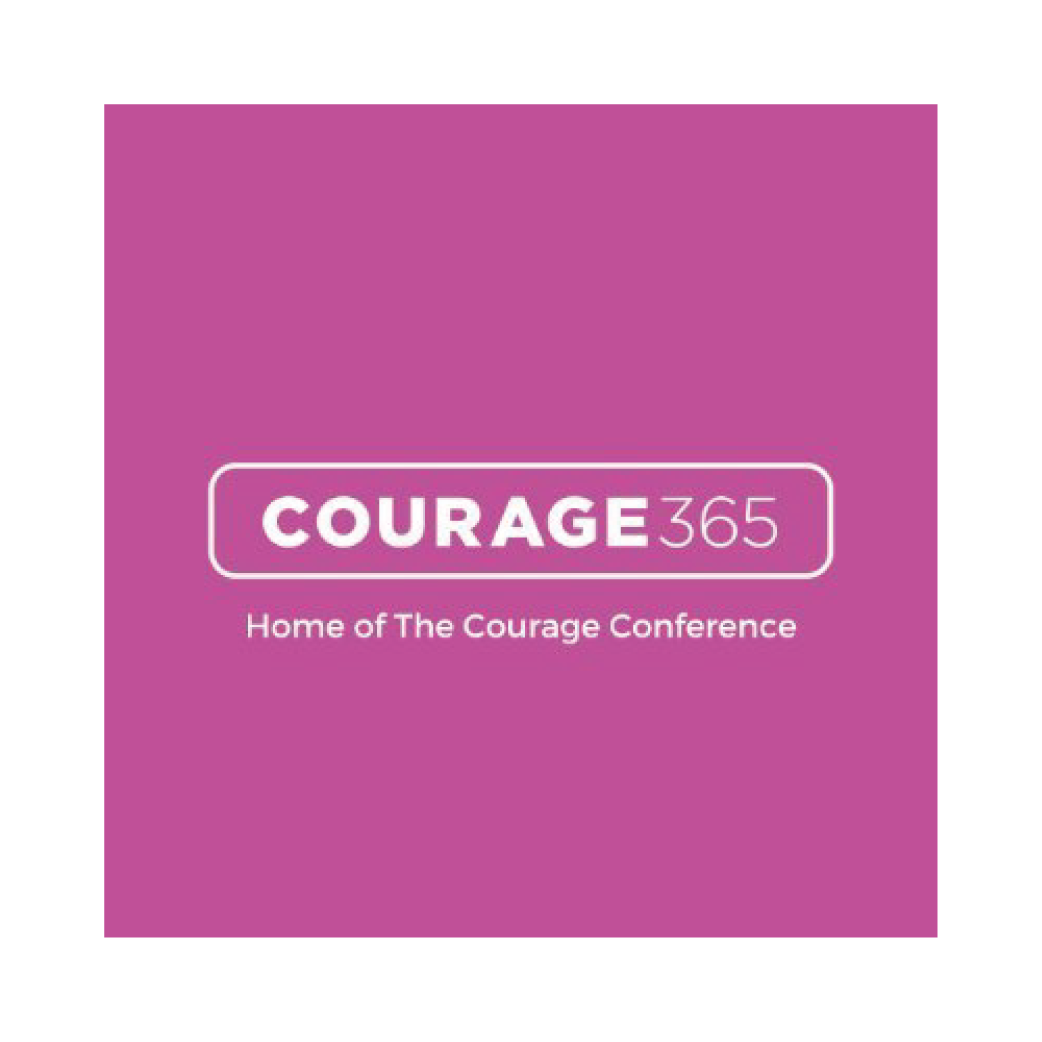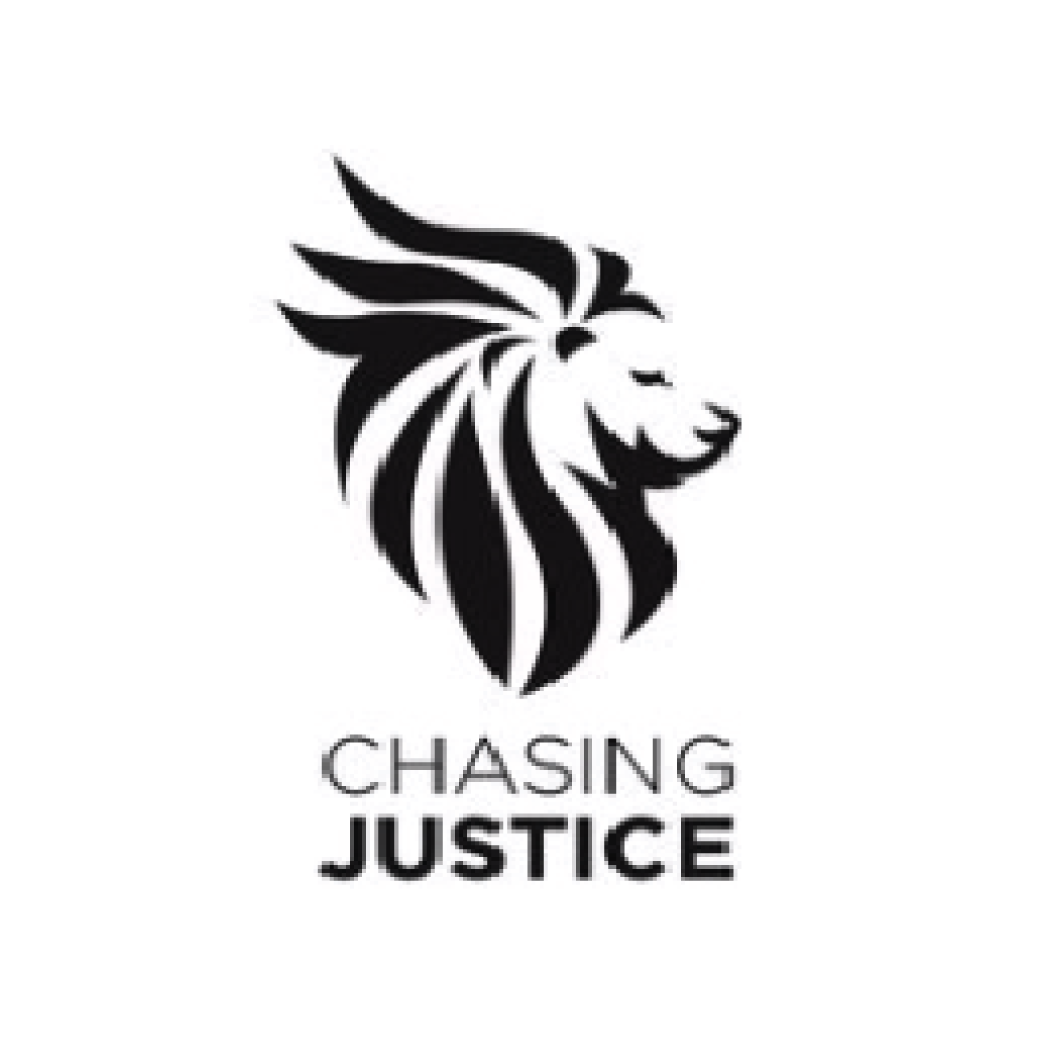In the press
Freely in Hope equips survivors and advocates to lead in ending the cycle of sexual violence through holistic education, leadership development, and storytelling platforms. Operating in Kenya and Zambia, Freely in Hope funds high school and university scholarships, counseling, safe housing, service opportunities, and leadership development programs for young women affected by sexual violence so that they can lead through their rewritten stories. Armed with degrees in law, nursing, psychology, and social work, Freely in Hope scholars graduate ready to influence worldwide systematic change that brings an end to sexual violence.
Download the Freely in Hope logo files & usage guidelines
Download Nikole Lim’s Media Kit
For inquiries on interviews and speaking,
PRESS
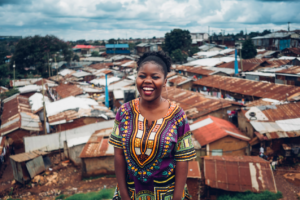
3 Ways to Promote Safety in Kibera
On International Day of the Girl this year, Freely in Hope is empowering 300 girls through self-defense trainings in Kenya and Zambia. Learn how you can promote safety for girls!
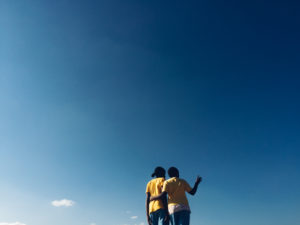
3 Powerful Ways to Advocate With Survivors of Sexual Violence
Rape culture is real — the words we say may be unintentional, but careless comments, lack of support, and judgmental attitudes cause great harm. Many survivors are harmed emotionally and psychologically because of the myths, stigmas, and stereotypes that are dominant in a patriarchal culture.
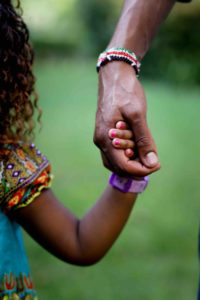
Protecting Your Child During Elections
When it comes to children, you as the parent are the first level of support and that sometimes can feel like a daunting task. Beginning to care for your child’s mental health begins with knowing your child and what their “normal” looks like. Use that as a basis to understand and appreciate their uniqueness.
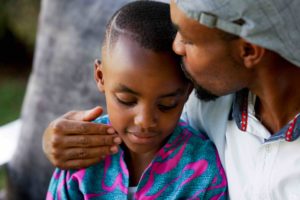
4 Ways to Parent from a Trauma Informed Perspective
The Trauma-Informed Parenting Guide provides the basics of trauma-informed care to empower parents and caregivers to have age-appropriate conversations with their children around sexuality, sexual abuse, and trauma healing.
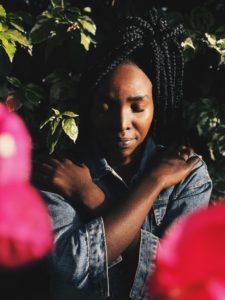
Mental Healing, a photo series
I was that sad girl because of the rape and trauma that had impacted me. I felt so hopeless. I even altered my name to pretend to be someone else. I had lost trust in everyone and thought that they were going to harm me just like the perpetrator did, I knew him well too.

Mental Health Practices for Survivors by Survivors
As a survivor, we often feel alone in our pain and suffering. This sense of loneliness may lead to depression, withdrawal, or self-harm. It’s important to remember that we are not alone and that there are systems of support available to help us heal.
